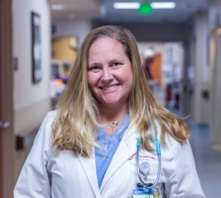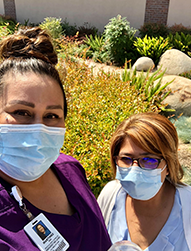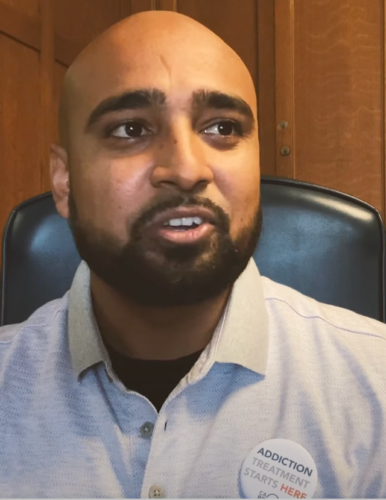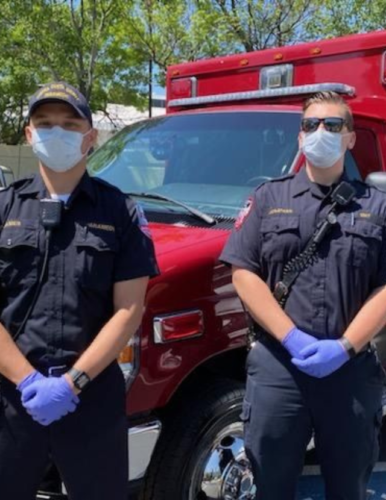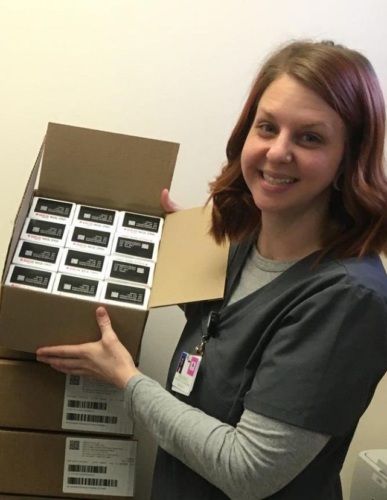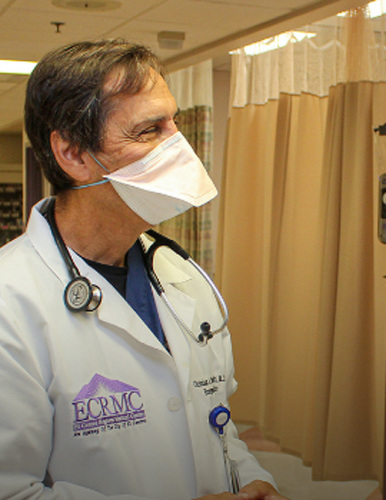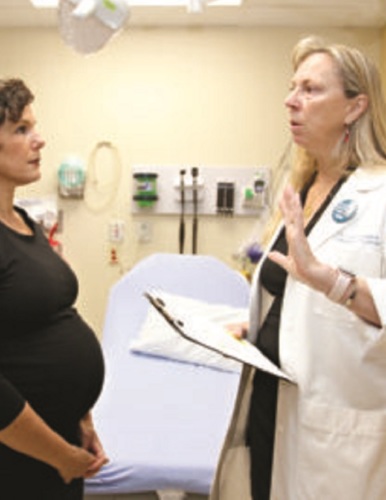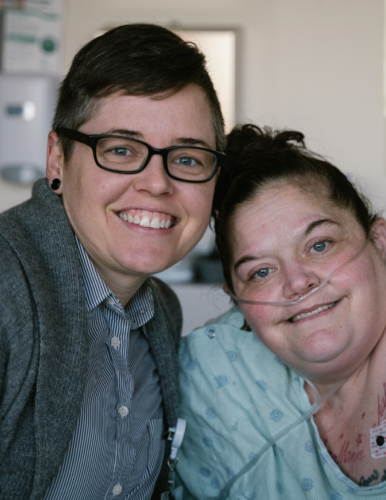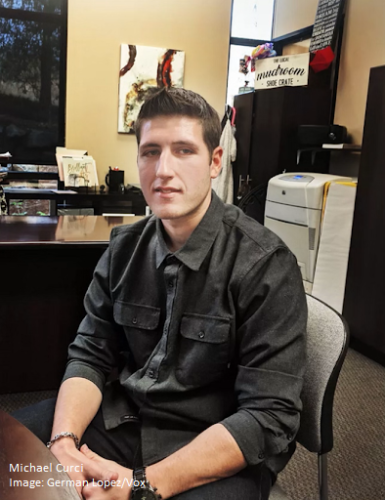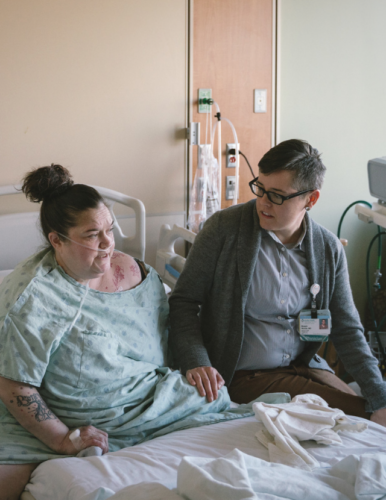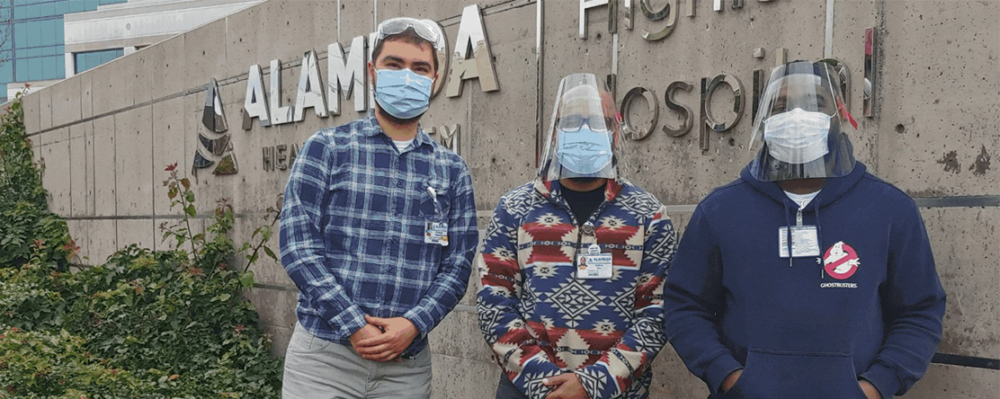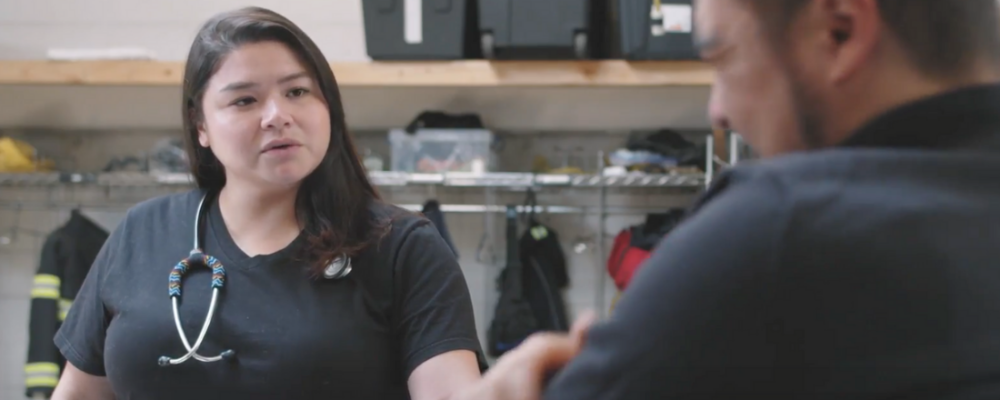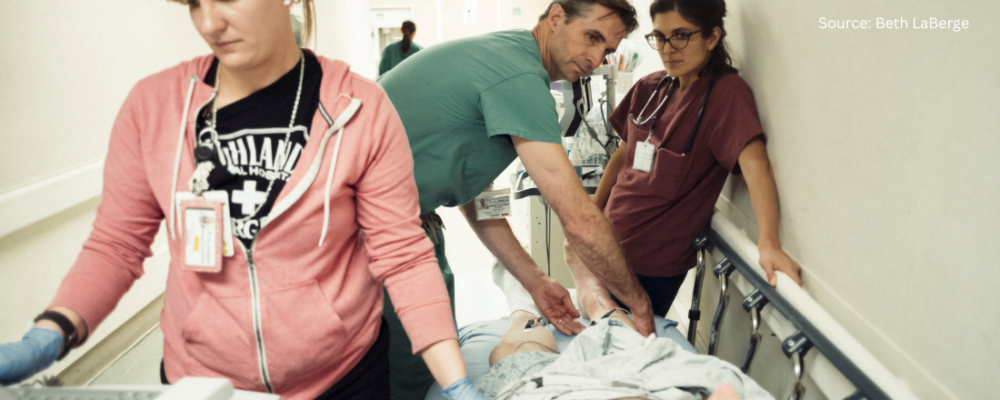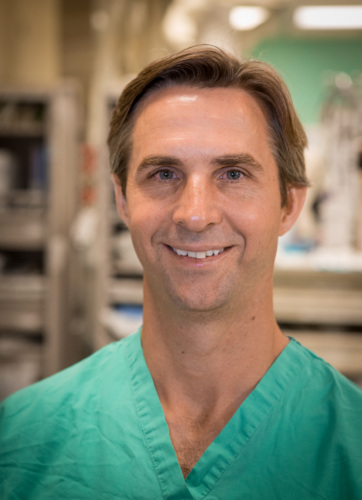
CA Bridge
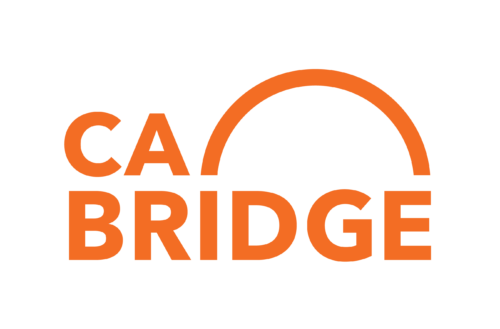
Hospital emergency departments (EDs) are an underutilized resource in the fight against the overdose crisis. The CA Bridge model leverages 24/7 access to care and medical wrap-around services, including key elements:
- Immediate access to medication for addiction treatment
- Navigation to ongoing care in the community
- A culture of harm reduction
CA Bridge is an initiative of Bridge, which works to bridge emergency care and community health to create an integrated system that improves health and equity. Aimee Moulin, MD and Arianna Campell, PA serve as Co-Program Directors on Bridge initiatives.
-
Focus Areas
Alcohol, Tobacco, Drugs & Mental Health, Health Care & Population Health -
Issues
Rural Health -
Expertise
Health Education & Promotion, Outreach & Dissemination, Technical Assistance -
Strategic Initiatives
COVID-19, Opioids
Our Impact

- 236K patients seen for substance use disorders
- 176K patients identified with opioid use disorders
- 78K patients provided with buprenorphine
Projects
Active Projects
- Emergency Medical Services Buprenorphine Project
-
Paramedics work on the front lines responding to emergency calls related to drug overdoses and withdrawal. Our work in Contra Costa County led to the adoption of a new standard of care in multiple counties where paramedics not only reverse overdoses but help prevent future overdoses by initiating medication for addiction treatment (MAT) from the ambulance, linking patients to a navigator to continue their treatment, and distributing naloxone to patients, friends and family. This project expands the model to an additional six counties. Learn more about this project.
Completed Projects
- CA Bridge - Core Support
-
When we create universal access to MAT throughout California hospital emergency rooms, we will have reached a scale unmatched by any other state. This will have tremendous positive implications on rates of addiction, overdose, and death, along with a reduction in the social costs of addiction. The National Institute on Drug Abuse estimated in 2011 that nationwide, substance abuse costs $740 billion a year in costs related to crime, lost work productivity, and health care--a number that has only increased in the intervening years. Because our work is pushing the boundaries of how people who use drugs receive care, it has important national implications. Our model is already having an impact outside of California; our web resources have been downloaded by clinicians in 26 other states with elements of the CA Bridge model being replicated in Colorado, Texas, and West Virginia. Across the country, we are seeing a greater movement towards approaches in hospitals that lower barriers to care and put the needs of the patient first.
- National Emergency Department MAT Initiative
-
The CA Bridge Program, a program of the Public Health Institute, is one of three partners launching a national initiative to increase access to medication for addiction treatment (MAT) through emergency departments. Only an estimated 5% of people with substance use disorder (SUD) receive MAT, an evidence-based treatment. Our goal is that hospitals will treat SUD with the same priority as any other life-threatening chronic illness. Within the proposed national initiative, CA Bridge will focus on building capacity for the delivery of MAT in acute care settings.
Our strategies include: development of tools and resources for MAT in acute care settings; delivery of training to hospitals in and outside of California; and technical assistance on MAT implementation to hospitals, health systems, and partners.
- Contra Costa County EMS Partnership for Opioid Response
-
After paramedics respond to a 911 call to reverse an opioid overdose, they have a unique opportunity to offer these very high-risk patients treatment for their underlying addiction. Contra Costa is the first county in California to obtain approval for a pilot project to offer this treatment by enabling paramedics to administer buprenorphine (medication for the treatment of opioid use disorder) from the ambulance and follow-up with outreach to connect patients to ongoing care. CA Bridge is collaborating with the County and UCLA to study the impact of this intervention and to share these practices with other county EMS agencies.
- Youth Opioid Response
-
There are unique challenges faced by young people who use drugs. Adolescents and young adults are experiencing fast-growing rates of opioid overdose and hospitalization, yet have the lowest rates of access to treatment. A landmark randomized controlled study demonstrated that our Emergency Departments are uniquely positioned to reverse these trends and provide a lifeline to people facing addiction. This project will demonstrate the effectiveness of youth-focused outreach, education, and service delivery for substance use disorder treatment to better serve this vulnerable population.
- Bridge Navigator Program
-
CA Bridge will implement the Bridge Navigator Program that will make funding available to 300 emergency departments across California to make access to treatment for substance use disorder and mental health navigation accessible 24/7. Funded hospitals will implement evidence-based treatment for opioid use disorder and hire behavioral health navigators to engage patients and connect them to ongoing outpatient treatment. In addition to administering funding, CA Bridge will provide extensive outreach, training, and technical assistance to make addiction treatment the standard of care in California emergency departments.
- Medications for Addiction Treatment Training Series
-
The Community Foundation for Southeast Michigan (CFSEM) is implementing a training and technical assistance program for up to sixty hospitals throughout the state of Michigan. CA Bridge will provide intensive training and technical assistance based on the CA Bridge model of MAT in the ED to champions of hospitals contracted with CFSEM.
- Emergency Department MAT Expansion
-
CA Bridge will be supporting emergency departments (EDs) in up to 300 hospitals to change the standard of care for patients with substance use disorder. EDs will initiate medication for addiction treatment (MAT) in conjunction with patient navigation to ongoing MAT and other behavioral health services. The CA Bridge model addresses addiction like any other chronic medical condition and emphasizes a culture of harm reduction. CA Bridge offers training and coaching to clinicians, navigators, and other providers who work with people who use drugs in EDs.
- Bridge Starts
-
As deaths from overdose continue to rise throughout the United States, hospitals and emergency departments (EDs) are well-positioned to reduce overdose risk and offer a pathway to treatment for patients experiencing opioid use disorder. The Bridge Starts Program will prepare and guide providers in states outside of California through the first steps of treating patients with medication for addiction treatment (MAT) and navigating to ongoing treatment. The result of the program will be the establishment of new access points that offer 24/7 MAT and referral to ongoing patient-centered rapid access care to patients experiencing opioid use disorder (OUD) in states that need assistance in building an improved system of care for people who use drugs.
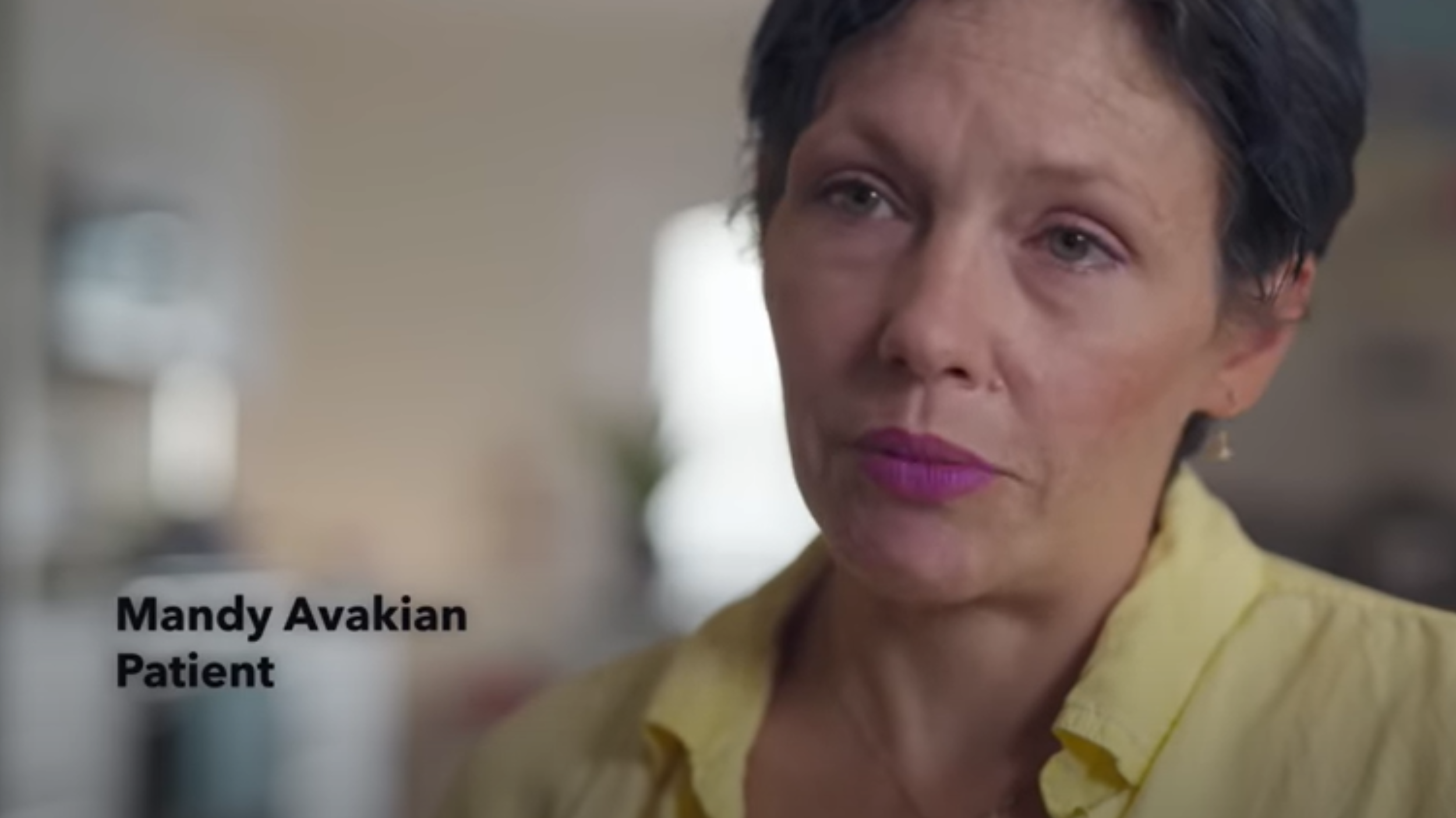
While overdose deaths continue to skyrocket, healthcare providers can save more lives by administering and prescribing medication for addiction treatment. CA Bridge works with hospital emergency departments to provide immediate access to medication for addiction treatment for anyone who walks in the door seeking help.
Work With Us
You change the world. We do the rest. Explore fiscal sponsorship at PHI.
Support Us
Together, we can accelerate our response to public health’s most critical issues.
Find Employment
Begin your career at the Public Health Institute.
